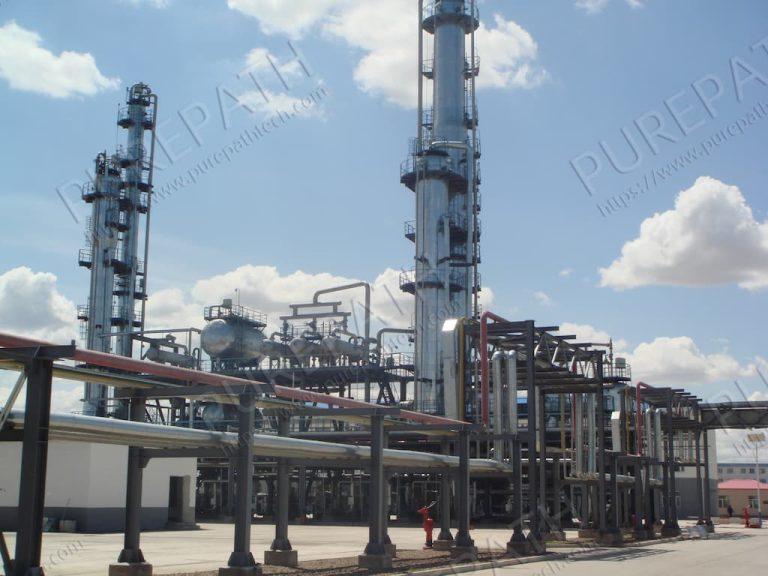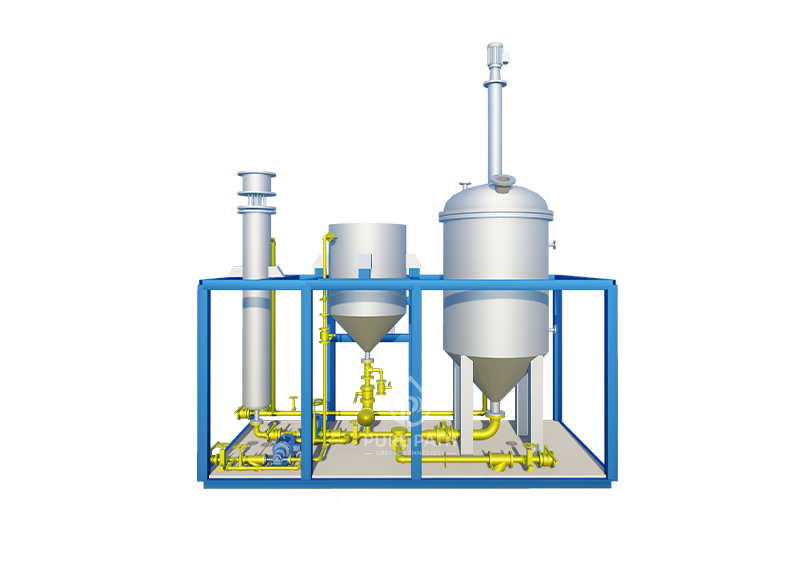Advancements in Hydroprocessing Technologies for Lube Oil Refining
Hydroprocessing is an essential technology in the refining industry used to produce high-quality lubricants that perform and last longer. As the demand for cleaner, more efficient lubricants continues to grow, advances in hydroprocessing technology are becoming increasingly important to meet industry standards, environmental regulations, and consumer expectations.
Fundamentals of Hydroprocessing in Lube Oil Refining
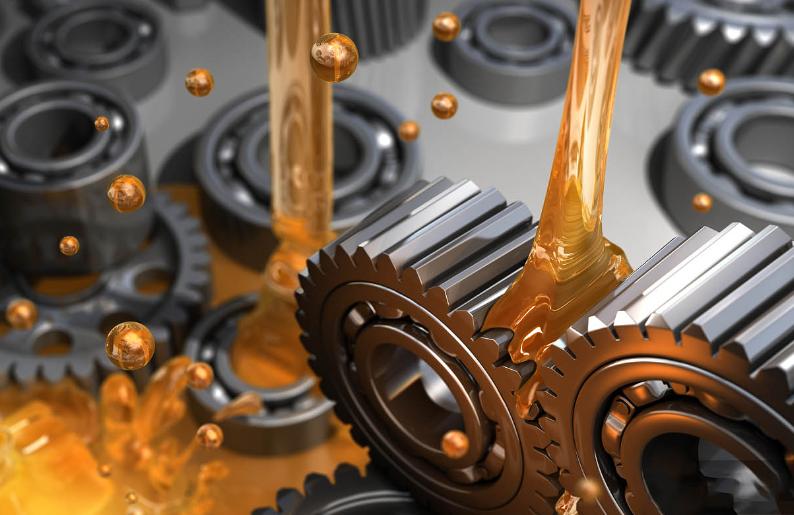
Hydrotreating is a catalytic chemical process used to remove impurities such as sulfur, nitrogen, and other undesirable compounds from crude oil fractions. Hydrotreating improves the quality, stability, and performance of lubricant base stocks during the lubricant refining process.
During hydrotreating, hydrogen reacts with the feedstock at high pressure and temperature, using a catalyst to produce high-quality lubricants with excellent oxidation stability, viscosity, and low-temperature properties. This enables base stocks to meet increasingly stringent performance standards in the automotive and industrial sectors.
Types of Hydroprocessing Technologies
Several hydroprocessing technologies are employed in lube oil refining plants, including:
- Hydrotreating (HDT): Primarily aimed at removing impurities like sulfur, nitrogen, and metals, hydrotreating prepares feedstocks by enhancing purity, making it an essential preliminary step in lube oil refining for achieving a cleaner, higher-quality final product.
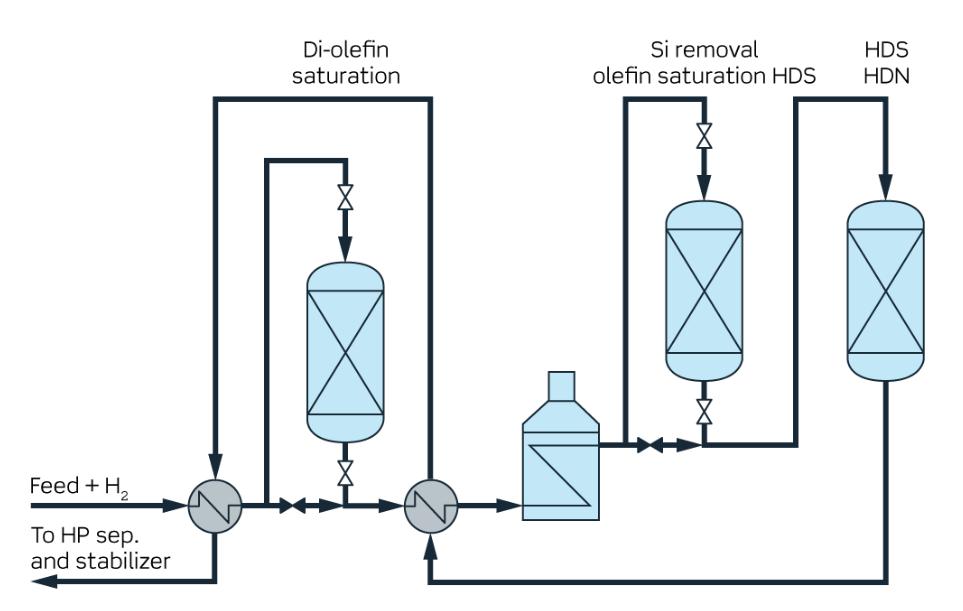
- Hydrocracking (HCK): This process breaks down large, complex molecules into smaller, more valuable ones through hydrogenation, generating high yields of lighter and more stable base oils. The resulting products have enhanced properties, making them ideal for modern lubricants.
- Catalytic Dewaxing: Key for improving low-temperature performance, catalytic dewaxing selectively eliminates waxy components that can cause oils to thicken in cold environments, thereby enhancing fluidity and usability in a wide range of temperatures.
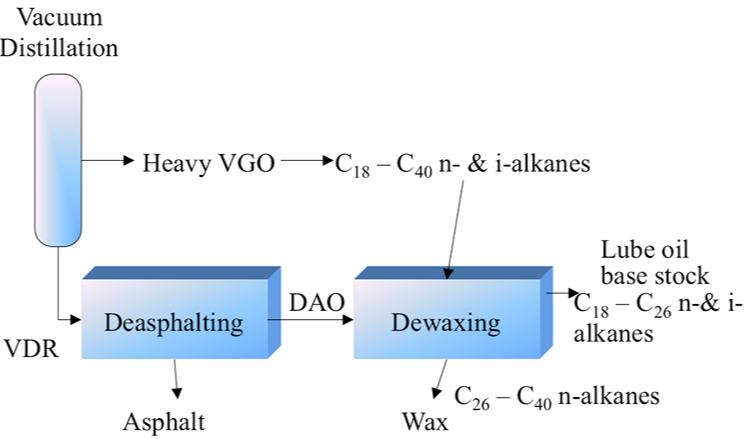
- Hydroisomerization: By rearranging molecular structures without breaking them down, hydroisomerization improves viscosity and oxidation stability, creating high-performance base oils ideally suited for advanced lubricant applications.
Why Hydroprocessing is Essential in Lube Oil Refining
Hydroprocessing is a critical step in modern lube oil refining, enabling the production of high-quality base oils that meet stringent industry standards. Unlike traditional refining methods, which may leave impurities in the final product, hydroprocessing enhances the properties of lube oils in several key ways:
- Impurity Removal: Hydroprocessing effectively removes sulfur, nitrogen, metals, and other undesirable compounds, which are detrimental to the performance and stability of lubricants. These impurities can lead to the formation of sludge and deposit buildup, reducing the efficiency of lubricants over time.
- Improved Oxidative Stability: One of the major advantages of hydroprocessing is its ability to produce oils with superior oxidative stability. This quality helps prevent the breakdown of the oil when exposed to high temperatures, reducing the risk of engine wear and increasing the lifespan of both the lubricant and the machinery it supports.
- Enhanced Viscosity and Low-Temperature Properties: Hydroprocessing allows for better control over the viscosity and low-temperature flow characteristics of base oils. This ensures that lubricants maintain their performance under varying temperatures, enhancing engine protection in both cold starts and high-temperature conditions.
- Meets Regulatory Standards: As global emissions regulations become more stringent, the need for environmentally friendly lubricants has grown. Hydroprocessing helps refineries produce oils that meet increasingly rigorous standards for sulfur and other pollutants.
In summary, hydroprocessing is essential for producing high-quality, stable, and environmentally friendly lube oils that perform well in modern machinery, meeting both performance and regulatory requirements.
Recent Technological Advancements in Hydroprocessing
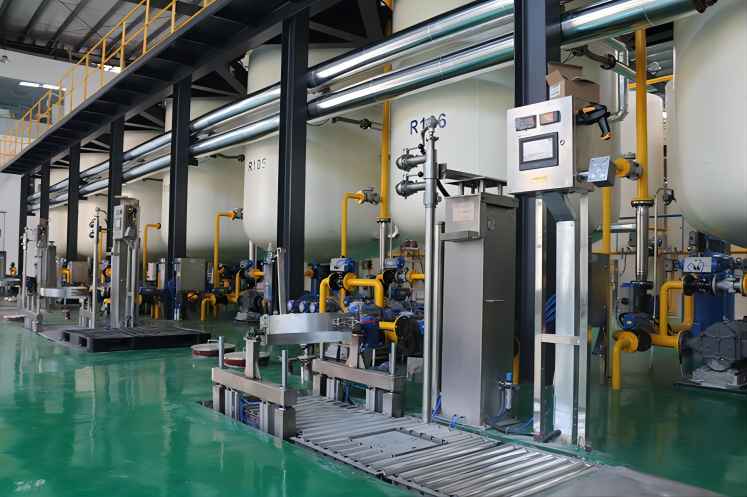
Recent advancements in hydroprocessing technologies have significantly transformed lube oil refining, making the process more efficient, sustainable, and capable of producing higher-quality products. Below are the three most important developments, each explained in detail:
Advanced Catalysts for Higher Efficiency and Stability
The development of new, highly efficient catalysts has transformed hydroprocessing, enabling better yields and improved oil quality. These catalysts play a critical role in enhancing both the performance and longevity of the hydroprocessing process.
- Increased Activity and Selectivity: Modern catalysts, often using metals such as platinum, palladium, or nickel, exhibit higher catalytic activity and selectivity. This allows refineries to process feedstocks more efficiently, producing higher-quality base oils while minimizing unwanted byproducts like coke.
- Extended Catalyst Life: New catalyst formulations are more resistant to deactivation, meaning they can remain active for longer periods. This reduces the need for frequent catalyst replacements, lowering operational costs and improving overall refinery efficiency.
- Improved Yields: With these advanced catalysts, refineries can achieve higher yields of desirable base oils, which is crucial as demand grows for high-quality lubricants that meet strict industry standards.
Energy-Efficient Hydroprocessing Techniques
Energy efficiency has emerged as a key driver in the ongoing evolution of hydroprocessing. Recent innovations have unlocked the potential to significantly reduce energy consumption during the hydrogenation process.
- Low-Temperature Processing: By carefully adjusting reaction conditions, refineries can achieve optimal results at lower temperatures and pressures. This groundbreaking approach not only minimizes energy consumption but also enhances process efficiency and reduces the carbon footprint of the refining process.
- Heat Recovery Optimization: Advanced heat integration systems enable the recovery and reuse of excess heat generated within the hydroprocessing unit. This innovative technique optimizes energy utilization, minimizing energy consumption and enhancing the overall sustainability of operations.
- A Win-Win for Efficiency and Sustainability: These energy-efficient technologies deliver substantial benefits to refineries. By reducing fuel costs and lowering their environmental impact, refineries can enhance their competitiveness and contribute to a more sustainable future.
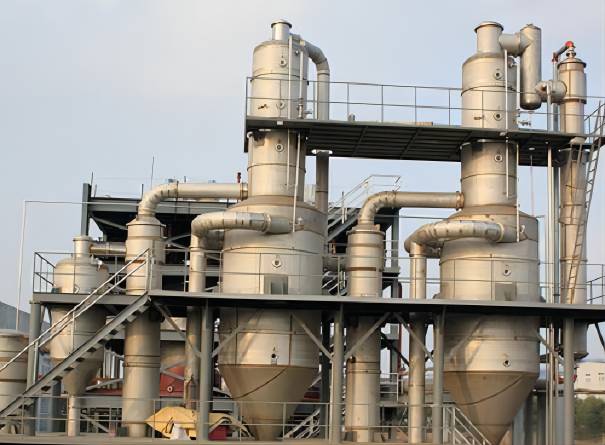
Process Automation and Real-Time Monitoring
The integration of advanced automation and real-time monitoring has transformed hydroprocessing into a highly optimized and efficient process. This enables refineries to improve product consistency, reduce downtime, and enhance overall operational efficiency.
- Real-Time Process Control: The use of digital control systems and sensors allows operators to monitor key parameters such as temperature, pressure, and hydrogen flow in real time. This enables instant adjustments to optimize the reaction conditions, ensuring that the final base oils meet the desired quality standards.
- AI-Driven Analytics and Predictive Maintenance: Artificial intelligence and machine learning algorithms analyze data from various sensors, predicting potential issues before they occur. This allows refineries to perform maintenance proactively, avoiding unplanned shutdowns and minimizing downtime.
- Improved Operational Efficiency: With automation, refineries can reduce human error, enhance precision, and streamline operations, ultimately leading to improved overall efficiency and higher-quality products.
These three key advancements enable refineries to produce higher-quality, more sustainable lube oils while reducing costs and improving operational performance.
Environmental and Economic Impact

Advances in hydroprocessing technologies have brought significant environmental and economic benefits to lube oil refining.
- Environmentally, improved hydroprocessing removes sulfur and other contaminants more effectively, resulting in cleaner, low-emission lubricants. This, in turn, supports stricter emissions standards for vehicles and industrial equipment. Additionally, the enhanced stability and durability of hydroprocessed base oils reduce oil consumption and waste, fostering a more sustainable lubricant lifecycle.
- Economically, these advancements allow refineries to operate more cost-effectively. Innovations in catalyst longevity and regeneration reduce the frequency and expense of catalyst replacement, while more efficient hydrogen usage lowers overall production costs. Enhanced product yields and quality enable refineries to compete in markets with stringent environmental standards, meeting the growing demand for high-performance, environmentally friendly lubricants.
Overall, the refinements in hydroprocessing help produce high-quality base oils more sustainably, which is both cost-efficient and environmentally sound.
In summary, advancements in hydroprocessing have transformed lube oil refining, enabling the production of cleaner, high-quality lubricants that meet today’s strict performance and environmental standards. With innovations in catalysts, process control, and energy efficiency, refineries can now produce durable, eco-friendly base oils more sustainably and cost-effectively. As demand for top-quality, low-emission lubricants grows, hydroprocessing remains essential for a sustainable future in lube oil production.



